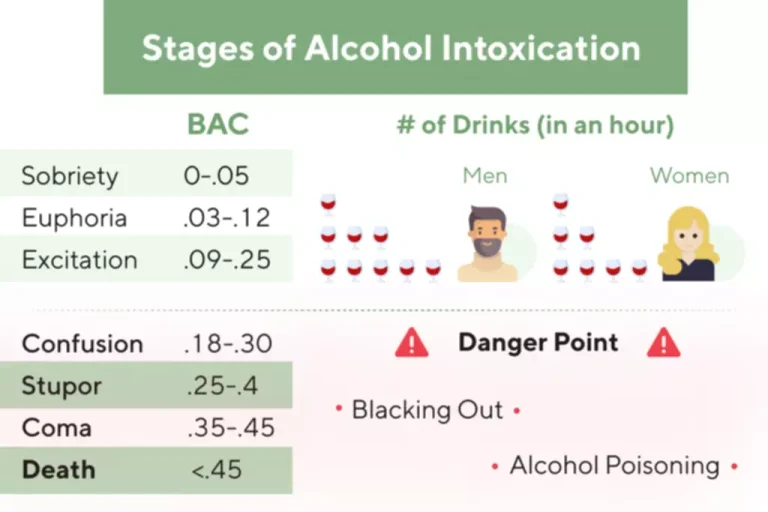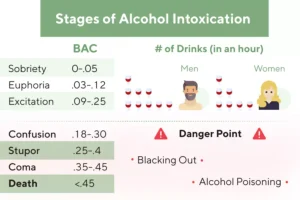
Please contact us today for more information Alcoholics Anonymous on our addiction treatment centers and healthcare resources. Cocaine and cocaine metabolites are detectable in blood for up to 2 days after last use. Cognitive-behavioral therapy is a treatment for cocaine abusers that can be taken at rehabilitation or separately. Cocaine addiction is a complex disease, so treatment must address the illness alongside other co-occurring mental health disorders. If you or a loved one are experiencing cocaine addiction, there are several treatment options to overcome the disorder.

Do You Have Questions About Addiction? Call Our Recovery Experts Now.

At Skyward Treatment Center, we fully recognize the negative impact that drug and substance abuse can have on both personality and relationships. At our facility, we aim to guide clients to find themselves and live healthy fulfilling lives by developing tailored programs that will facilitate those goals. There are many helpful resources online for individuals struggling with cocaine addiction, as well as for friends and family members affected by a loved one’s cocaine use.
- In some cases, prolonged cocaine use may also lead to higher rates of mental health disorders including depression and anxiety because of changes in your brain’s neurochemistry.
- Cocaine is addictive, but the addiction is a little different from the kind of addiction caused by most other drugs.
- Of course, a “large” dose is also relative to the size (height, weight, BMI) of the user.
- And the more manageable the detoxification process is, the higher the likelihood will be for staying off of cocaine for good.
- Drug screens can be ordered as a precaution, or to follow up on suspected substance use.
Factors That Impact How Long Cocaine Stays in the System
Our team of experienced therapists provides the support and tools needed to overcome addiction and build a strong foundation for recovery. Blood testing is used to detect recent cocaine use, typically within the last 12 hours. This method is often employed in emergency settings, such as hospitals how long does cocaine stay in your system or during legal investigations, to determine if someone is currently under the influence of cocaine. An overdose occurs when high doses overwhelm the body, leading to severe symptoms like chest pain, rapid heart rate, high blood pressure, difficulty breathing, seizures, and even heart attack or stroke.

Symptoms During Detox from Coke
A doctor can recommend treatment to help a person stop taking cocaine, including behavioral therapy and motivational incentives. The short detection window is because of how quickly the liver metabolizes and breaks down cocaine. Physically, chronic cocaine use can cause significant damage to the cardiovascular system, increasing the potential risk of heart attack, stroke and respiratory failure. Other long-term effects include malnutrition, weight loss, and memory and cognitive function problems.

Drug & Substance Abuse FAQs
- Part of this surge in cocaine addiction and overdose has to do with the ever-raging opioid epidemic and the appearance of illicitly manufactured fentanyl (an opioid 50 times as strong as heroin).
- However, there’s no guaranteed way to speed up cocaine elimination significantly, as the body’s metabolism rate largely determines this.
- Cocaine overdoses can be life-threatening and require immediate medical attention to prevent serious complications or death.
- Hair follicle tests provide the longest detection window for cocaine use, often extending up to 90 days.
- Our state-specific resource guides offer a comprehensive overview of drug and alcohol addiction treatment options available in your area.
For example, it has long been known that stress can increase an individual’s risk for addiction, but how stress produces this effect, and why it does so in some individuals but not others, remains a mystery. Cocaine produces dopamine buildup wherever the brain has dopamine transporters. Dopamine-responsive cells are highly concentrated in this system, which controls emotional responses and links them with memories. The more dopamine molecules come into contact with receptors, the more the electrical properties of the receiving cells are altered. They further regulate the amount of dopamine available to stimulate the receptors by pulling some previously released dopamine molecules back into themselves. Other methods of taking cocaine, besides snorting the drug, may give you a slightly longer lasting high, but they are also usually less intense, and it can be harder to tell when it’s safe to take more of the drug.
The Effects of Cocaine on the Body
- The resulting continuous stimulation leads to pleasurable feelings, as shown in this research.
- When a person consumes drugs, they are broken down by the liver, and a proportion of the drug and its metabolites are released into the bloodstream.
- Start today by verifying your insurance coverage online, signing up for text support, or giving us a call at .
- If you or someone you care about is considering using cocaine, it’s important to know how the drug works, how long cocaine will stay in your system, and what to expect while you’re using the drug.
- These programs also help people learn how to live a healthy and fulfilled life without relying on cocaine.
Before we explore any detailed information, it is crucial to understand the fundamental pharmacology of cocaine. Because of how quickly the body can metabolize cocaine, drug tests generally screen for cocaine metabolites, which stay in your system longer. Drug tests can detect the cocaine metabolite benzoylecgonine for anywhere from one to 90 days. The detection time for a drug refers to how long it is able to be detected in the system. Drug tests can screen for drug use by analyzing samples of your urine, hair follicles, saliva, and blood. The factors that impact how long cocaine is detectable in the =https://ecosoberhouse.com/ system also impact how long a high lasts.

